Nation-building or ‘bulldozing’ consent: pledge for Major Federal Project Office prompts questions
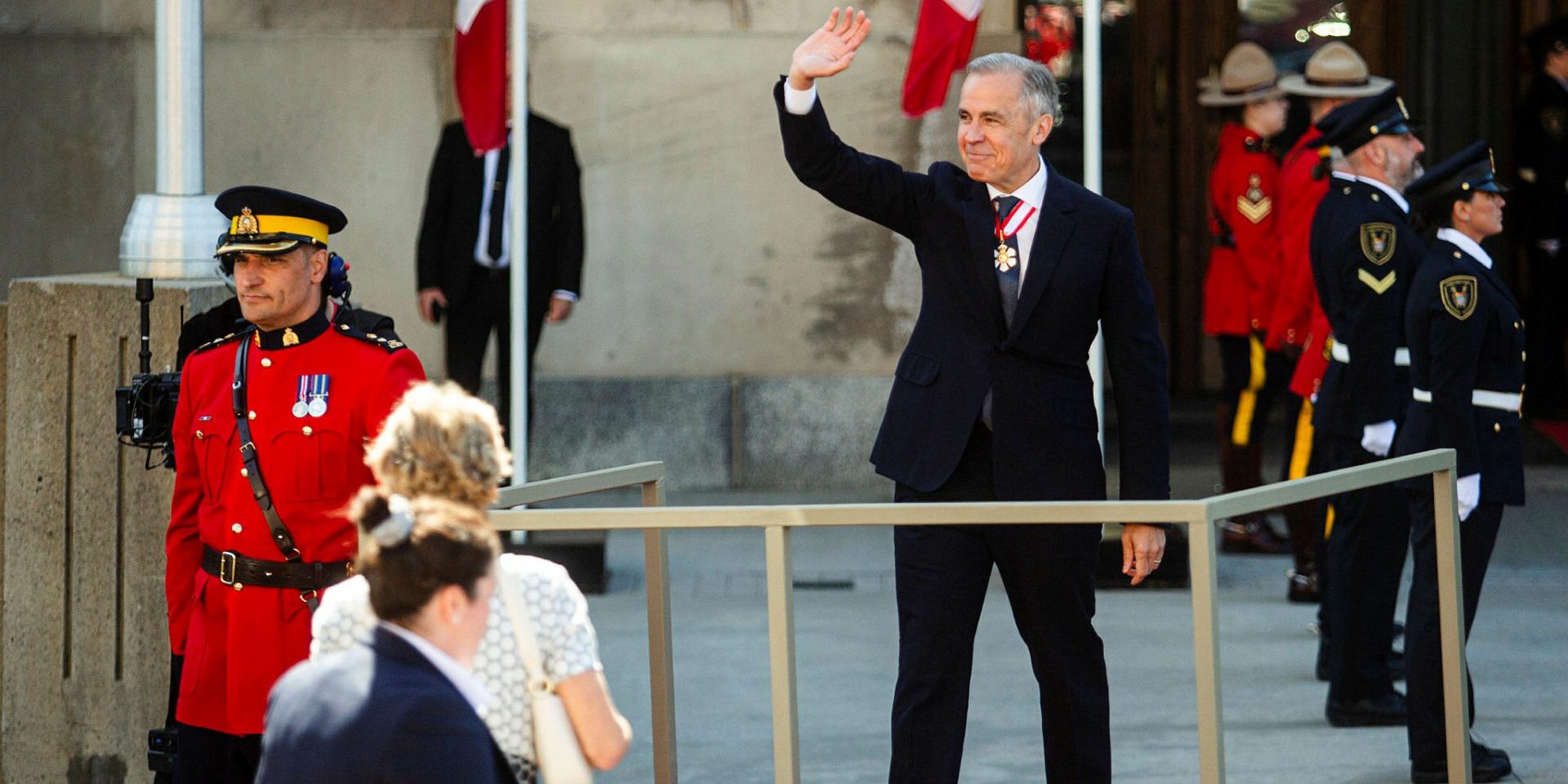
A former high-ranking public servant says the Throne Speech’s pledge to significantly cut down approval times for major projects is possible, but only with radical change and a “leaner, meaner, faster” governance that eliminates bureaucratic requirements to drive nation-building projects forward.
Ram Mathilakat is an executive consultant and former high-ranking public servant, and was part of the creation of Shared Services Canada in 2011, a centralized IT infrastructure department in the federal public service. He said the government has previously endeavoured to speed up government processes via special task forces, citing the defence procurement strategy established in 2014.
“These special task forces are situated inside the typical bureaucratic, large government,” he told The Hill Times. “So what changes? Nothing really changes, in terms of processes, procedures, governance, and approval.”
He said he wants to give Prime Minister Mark Carney (Nepean, Ont.), who has a background in the private sector, the benefit of the doubt. Cutting approval timelines drastically is “definitely possible,” Mathilakat said, but only with radical change.
“You cannot situate this within the bubble of the bureaucracy, and subject it to the same bureaucratic red tape and say, ‘I’m gonna move things faster.’ It’s not going to happen.”
Creating a Major Federal Project Office is one of the few concrete plans in the May 27 Throne Speech, alongside the pledge the office would reduce the time needed to approve projects from five years to two, “all while upholding Canada’s world-leading environmental standards and its constitutional obligation to Indigenous Peoples.”
Former NDP MP Peter Julian said he was pleased to see the Throne Speech include reference to “free, prior, and informed consent” from Indigenous communities on these projects of national significance. But the former longtime MP said Carney’s intention of significantly lowering approval timelines amounts to “bulldozing.”
“I’m confused by references in the Throne Speech to fast-tracking—which is really bulldozing approval for the projects of national significance—moving that to a two-year maximum,” said Julian, speaking as part of a post-speech panel on May 29.
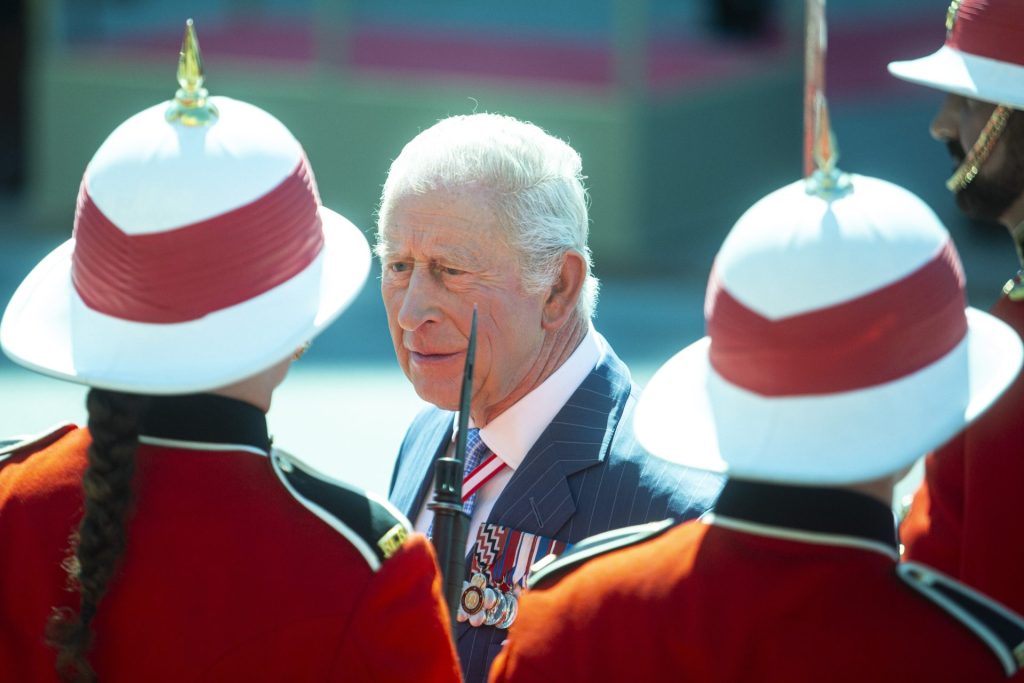
The speech, delivered by King Charles III, also references the government “working closely with provinces, territories, and Indigenous Peoples to identify and catalyze projects of national significance. Projects that will connect Canada, that will deepen Canada’s ties with the world, and that will create high-paying jobs for generations.”
“Given the pace of change and the scale of opportunities, speed is of the essence,” said the King.
The Hill Times asked the Privy Council Office (PCO) for more information on the structure of the major project office, and the timeline for its set up, but did not receive a response as of press time.
As reported by CBC News, the PCO has prepared a background document on major projects and proposed national interest legislation, outlining plans for a law that “would be designed to enable upfront decision-making on a small number of projects.”
“Once a project is determined to be in the national interest, federal reviews will shift from ‘whether’ to build these projects to ‘how’ to best advance them,” the briefing document says. “It will streamline multiple decision points for federal approval and minimize the risk of not securing project approval following extensive project work.”
After a project is deemed to be of national interest, it will have “a single, seamless point of contact—the Major Federal Projects Office.”
Carney is meeting with the premiers in Saskatchewan on June 2, and told CBC’s Power and Politics on May 27 that “we are going to name specific projects to which these fast-track approvals apply so that the country can get moving.”
An office that acts as a ‘concierge’ to move projects through ‘makes a lot of sense,’ says MAC
Geoff Smith, vice-president of government relations for the Mining Association of Canada, said the “one project, one review” pledge has been made before by prior governments, but “aspirational language” needs to be coupled with regulation and policy to get it done.
“The idea of having a bit of a clearing house, or concierge, or beat cop to move things through the system makes a lot of sense,” Smith said.
But, he added, as with anything relating to project approvals and permitting, “the real test is in its implementation, and how ultimately it’s able to advance mining projects, do them better.”
He added, “quicker is not necessarily better,” but if the major project office is able to approve more mines quicker, and in a responsible way, “we’re excited and hopeful.”
Mining projects often take several years to complete the approval process, requiring lengthy consultation with local communities, Indigenous groups, and environmental assessments. Both the Liberal and Conservative election platforms reference numerous “nation-building” projects, some involving mining.
Both party platforms mentioned the Ring of Fire, one of the country’s most significant mineral deposits, in northern Ontario. The project has long been hamstrung by environmental concerns, and the rights of Indigenous communities. The Tories pledged to greenlight all federal permits within six months of being elected, and also pledged $1-billion over three years to link the mineral deposits and nearby First Nations to the Ontario highway network.
The Conservative platform also noted several mining projects in Alberta, Saskatchewan, Ontario, and Quebec which have been languishing in the approval process, some of them since 2018.
The government’s emphasis on projects of “national significance” has perked up the ears of the industry leaders, who wonder how these projects might be defined, and are “interested and keen on engaging on how it may work,” Smith said.
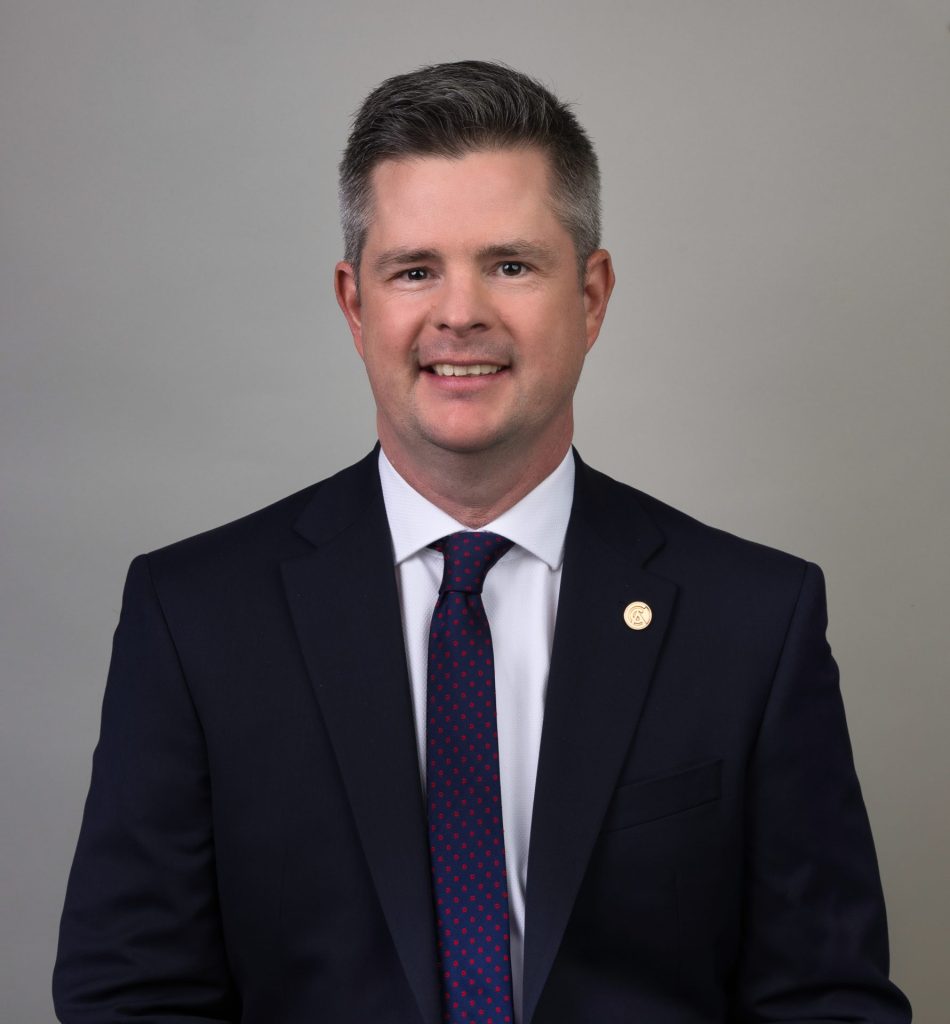
Rodrigue Gilbert of the Canadian Construction Association said the “devil will be in the details” for the office.
“We’re curious where it will sit, who will be in charge, and the authority of it,” he said.
On May 29, Senator Marc Gold, the government’s representative in the Upper Chamber, signalled Carney’s intention to green-light major projects, including pipelines and other energy corridors.
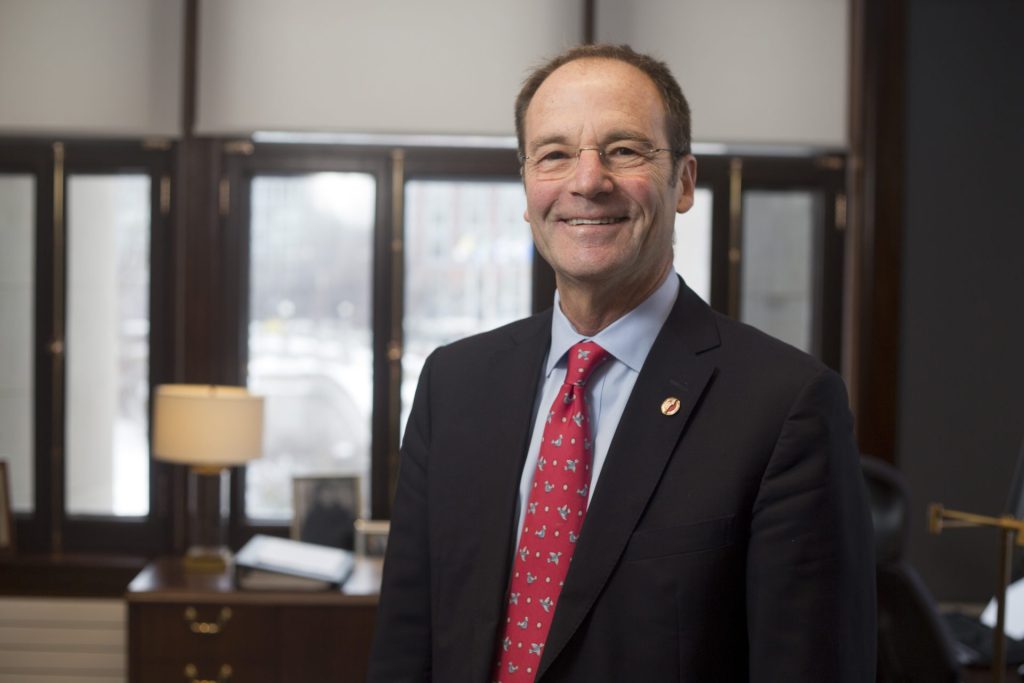
“This government remains committed, where appropriate and when there is the appropriate support from the provinces and Indigenous leaders, to moving ahead rapidly for those projects that we in Canada need to provide us with greater economic security and prosperity for the future,” Gold said in response to a Question Period query.
First Nations say they must be involved ‘from the start’
Following the Throne Speech, a joint statement from First Nations leaders said the major project office—as well as the proposal to eliminate interprovincial trade barriers—“raises immediate concerns if they don’t involve First Nations right from the start.”
The statement called for the inclusion of First Nations staff and governance roles within the office, as well as “recognition that no project proceeds without free, prior, and informed consent.”
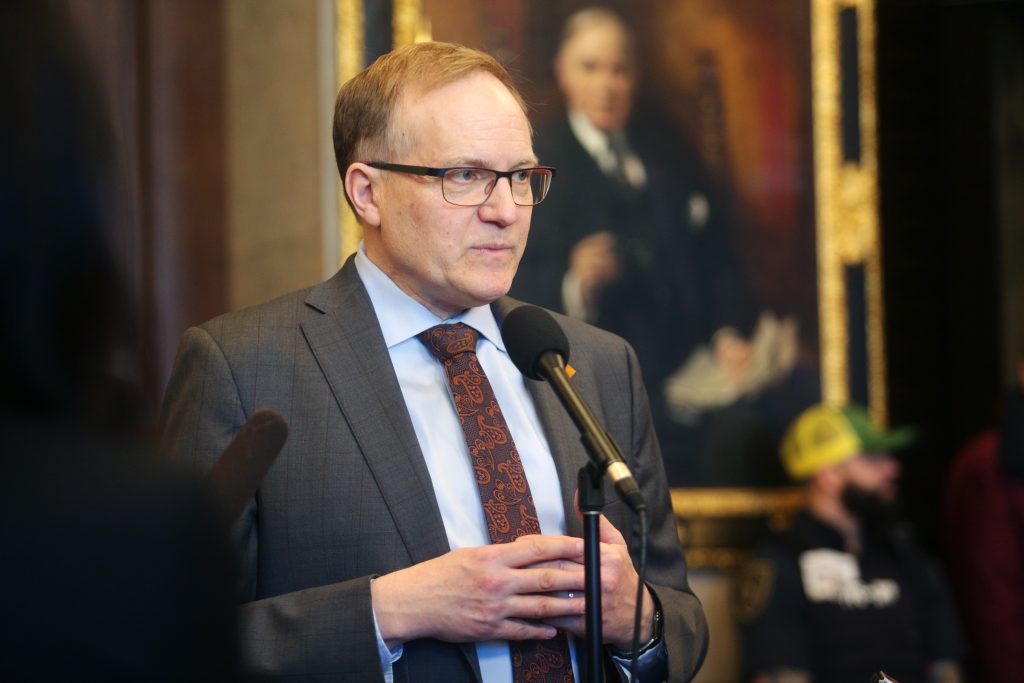
Julian said that without true consent from Indigenous communities, promises to fast-track projects are “really an empty commitment.”
Julian, who was defeated in the recent federal election, added he filibustered the 2012 federal budget when the Harper Conservative government made a similar proposal of a central office that would lower approval times for projects.
“I spoke for 14 hours because the intent of the Conservative government, at the time, was to fast-track, to bulldoze these things through.”
Ultimately, he said, the office didn’t result in any projects being built, because “Indigenous Peoples have access to the court system.”
How Carney’s major project office will work, Julian said, remains an open question.
“We’ll have to see what the government brings forward in terms of legislation and in terms of actual concrete steps, to ensure that free, prior, and informed consent is part and parcel of government policy moving forward.”
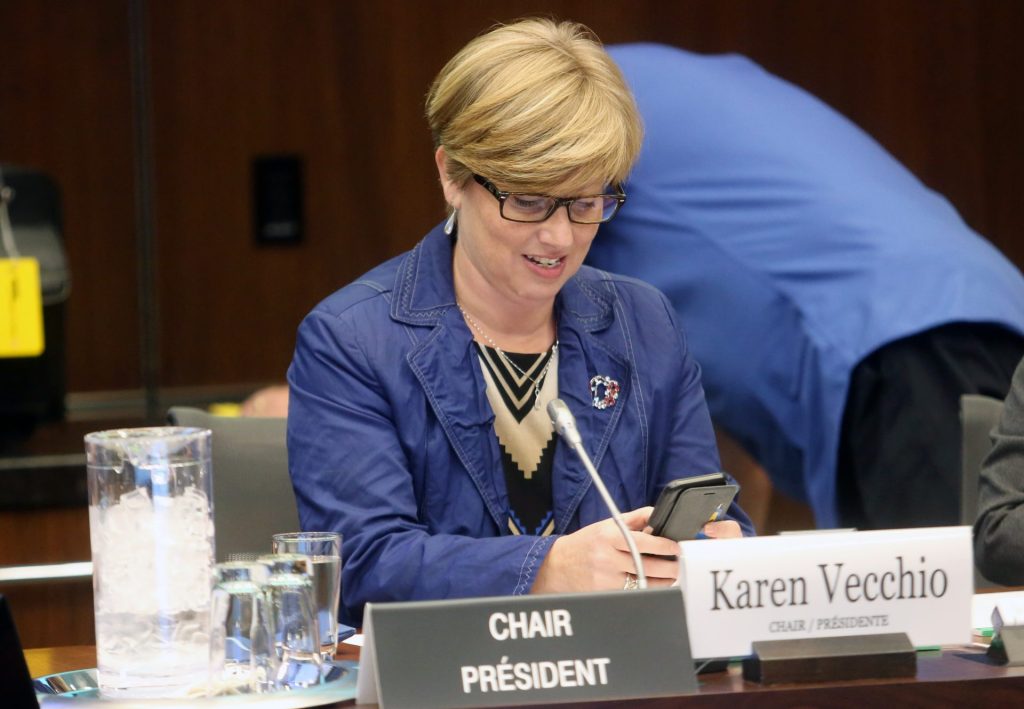
Julian’s May 29 co-panellist, former Conservative MP Karen Vecchio, said there’s a lack of trust between Indigenous communities and the federal government, citing ongoing issues of clean water on reserves.
She said Indigenous groups “can’t be an afterthought” in the consultation process.
“I think it really has to be led by Indigenous people, with us as their allies,” she said.
Fellow panellist and former Liberal MP Ya’ara Saks said politicians “have a tendency to pat ourselves on the back sometimes, saying, ‘look, we’ve adopted UNDRIP into our legislation,’” referring to the United Nations Declaration on the Rights of Indigenous Peoples, which affirms the rights of Indigenous people worldwide.
“Unless we see it in action, or Indigenous communities see it in action, to them, it rings hollow.”
mglass@hilltimes.com
The Hill Times






 LICENSING
LICENSING PODCAST
PODCAST ALERTS
ALERTS













